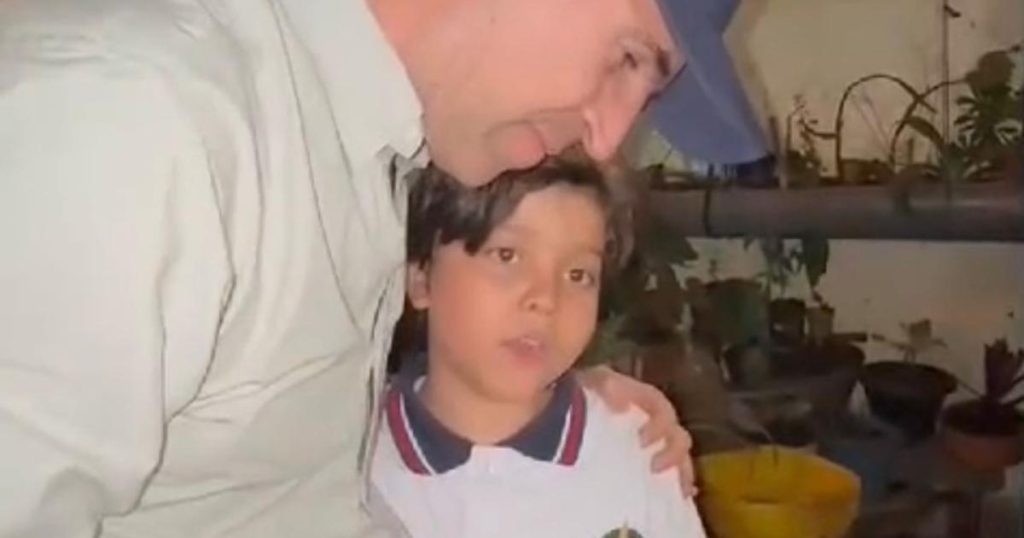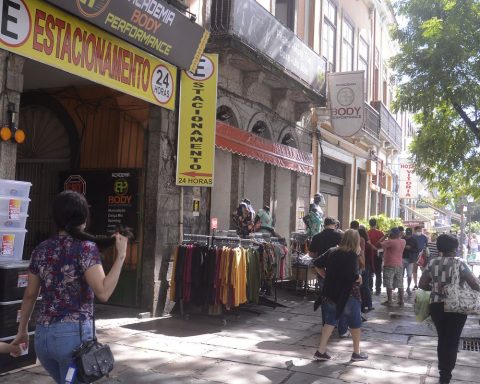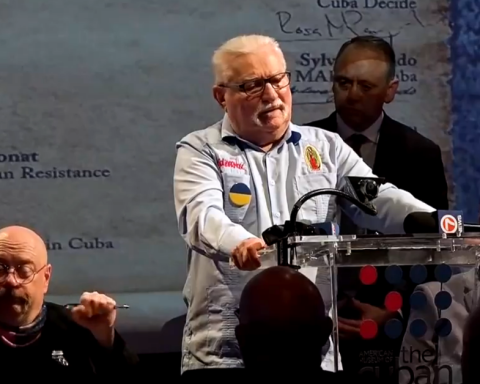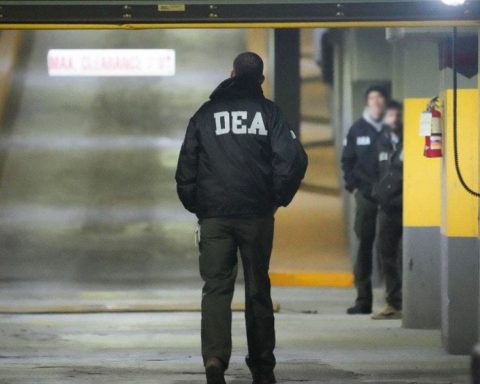c
As I mentioned last Monday, COP16, the largest global meeting on biodiversity, ended with good results and important pending issues. It took place in the city of Cali, Colombia and registered the largest social mobilization of all those held. But also bitter discussions of geopolitics that showed again how the interests of the great powers seek to stop the actions that the environment urgently requires on a global scale. Such is the case of obtaining monetary resources and clear actions aimed at the restoration and conservation of biodiversity.
Among the important achievements, the Work plan for indigenous and Afro-descendant peoples and for peasant communities. All of them were finally recognized as fundamental actors in the care and protection of biodiversity. And the real possibility that your voice will have more weight in future summit discussions. To this end, they will receive access to resources to carry out projects that help safeguard nature.
Another achievement was the global agreement to identify and conserve marine areas of high ecological importance in international waters, a proposal that had been discussed for eight years without success. Everything indicates that it will be possible to establish a mechanism that makes it easier to declare reserve or conservation areas in territories that do not belong to any country.
It is very important to remember that the oceans are home to 80 percent of the planet’s biodiversity and are our greatest climate ally. Therefore, programs to reverse the damage they suffer must be a priority for all countries. And, furthermore, because less than 9 percent of the oceans enjoy any protection, while overfishing and fossil fuel extraction continue.
Also in Cali, it was agreed to establish a new global fund whose objective is to share the benefits derived from the use of digital sequence information (DSI) of genetic resources. The decision on the call Cali Background
establishes that companies that use information from said digital sequences in their products must allocate part of their profits or income to the fund. And that 50 percent of this be allocated to indigenous peoples and local communities directly or via governments. A way to share profits with said communities.
However, a new, broader biodiversity fund could not be created, like other fundamental decisions. And this by not being able to make decisions due to the lack of quorum in the final session, which was very long and exhausting.
Promising does not impoverish, goes the popular saying. And in that vein, it is important to mention that developed countries have not yet met their commitments to provide $20 billion a year for international biodiversity financing in 2025. With Donald Trump in the White House, zero support from the United States for such financing.
Although the mobilization of the government, scientific groups, environmental defenders, indigenous peoples, Afro-descendants and peasants, was massive, on the other hand there is a huge lack of the vast majority of the 196 countries that attended COP16. In fact, only 35 submitted their Biodiversity Action Plan (NBSAP). It is the document in which each country details its strategies and actions aimed at meeting the 23 goals on the subject to which they committed for the year 2030.
The government of Mexico presented its own. It includes 48 goals established as part of the National Biodiversity Strategy (Enbiomex). Among the actions that comprise it, those referring to creating participation mechanisms that include indigenous peoples stand out; prevention and control of invasive species; the restoration of terrestrial and marine ecosystems, and sustainability in key sectors, such as agriculture, livestock and fishing.
There will be much analysis of COP 16, but I want to add finally that it addressed the need for stronger collaboration between the climate conventions (the 29th is now being held lacklusterly in Baku, Azerbaijan), desertification (next month) and biodiversity. Today it does not exist.
















